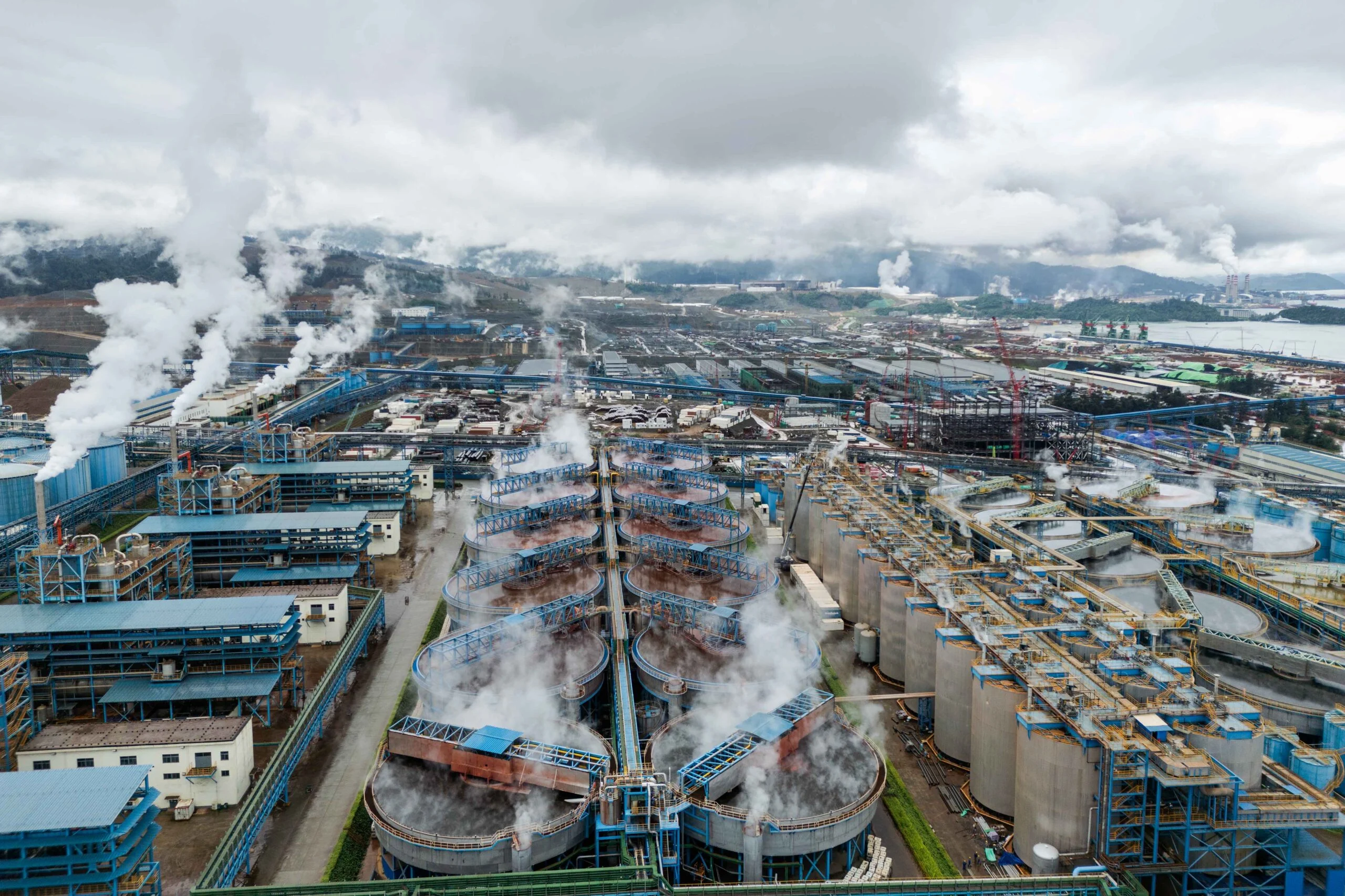 |
| Nickel Sulphate |
China nickel sulphate prices have remained stable for over a month due to constrained supply and sluggish demand from the NCM battery sector. Despite declining output and elevated feedstock costs, producers have resisted lowering prices to protect margins. The China nickel sulphate market is now facing a complex supply-demand imbalance shaped by both upstream disruptions and shifting downstream preferences.
Feedstock Supply Disruptions Tighten Production Margins
Nickel sulphate output in April dropped to 30,000 tonnes (nickel metal equivalent), down 13% month-on-month and 18% year-on-year. Cumulative output for January–April stood at 127,000 tonnes, 1.6% lower than the previous year, according to CNIA data. This production cut stems from limited availability of mixed hydroxide precipitate (MHP) and nickel matte, both critical inputs for sulphate production. Heavy rainfall in Morowali, Indonesia, disrupted MHP production in March and April, reducing output by 5,500 tonnes. At the same time, matte producers in China shifted to more profitable nickel pig iron (NPI), reducing matte availability. Consequently, the payable indicators for MHP and matte rose significantly, eroding margins and compelling some plants—like those in Guangxi—to convert from matte to MHP feedstock. These factors have kept the China nickel sulphate market tight despite weak demand.
NCM Battery Demand Shrinks as LFP Dominance Grows
While supply tightens, demand has faltered. NCM and NCA batteries, once dominant, have lost significant market share to lithium iron phosphate (LFP) chemistries. As of April, NCM batteries accounted for just 20% of China’s battery output, while NCA stood at 17%, down from a combined 65% in 2019. This shift has impacted upstream nickel demand, causing several international projects to stall. In recent months, Eramet and BASF withdrew from their Weda Bay refining JV, and Hanrui Cobalt cancelled its MHP investment in Indonesia. Meanwhile, automakers like Volkswagen are pivoting toward LFP technology to cut costs. Demand for NCM batteries is expected to remain weak through Q2 2024, with some exporters front-loading shipments earlier in the year due to global trade tensions. As a result, the China nickel sulphate market remains under pressure, with producers navigating tight margins amid uncertain downstream growth.
The Metalnomist Commentary
China’s nickel sulphate market exemplifies the structural turbulence within the EV battery supply chain. As feedstock constraints collide with weakening demand for NCM chemistries, producers must brace for lower growth visibility and rising volatility across Asia’s nickel value chain.
















 We publish to analyze metals and the economy to ensure our progress and success in fierce competition.
We publish to analyze metals and the economy to ensure our progress and success in fierce competition.